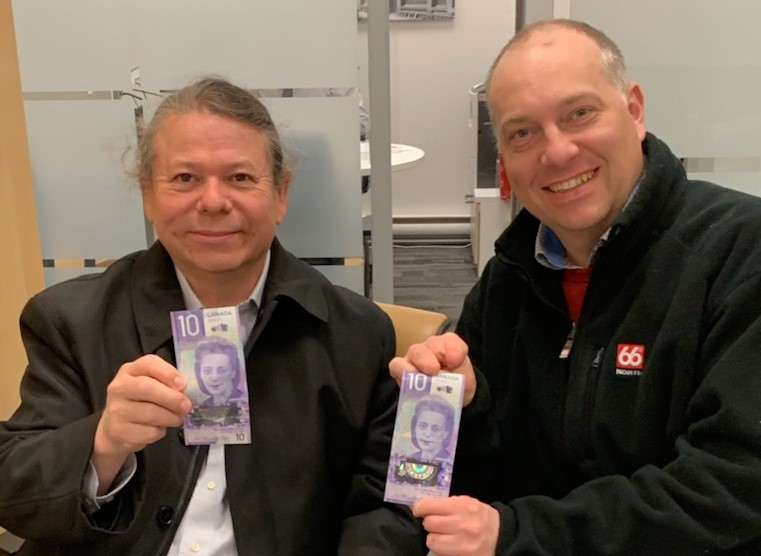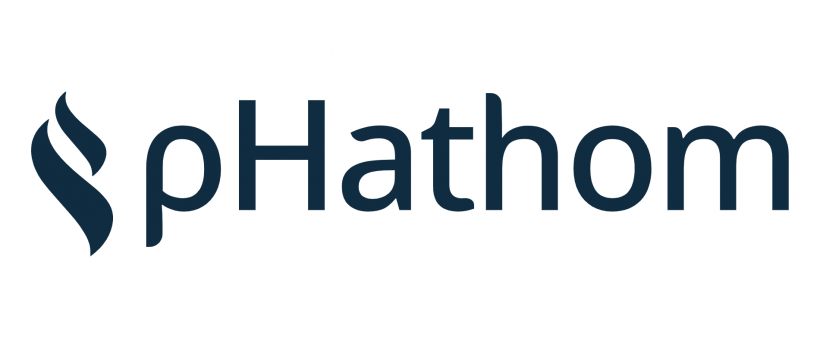By the end of this year, the Co-Founders of Cape Breton-based Maskwiomin hope to have a staff of up to 20 people producing traditional Mi'kmaq skincare products, and doing so in accordance with Indigenous business practices.
The company is commercializing an indigenous process for extracting compounds from birchbark and using them in soap, shampoo, cream and lotions. As its Co-Founders Dr. Matthias Bierenstiel and Tuma T.M. Young prepare for commercial production of these products, they’re also in talks with Membertou First Nation to ensure the community benefits from the company’s development.
The thinking is that the process to make these products came from generations of community members, so the Maskwiomin Founders want to ensure community plays a part in the company. The talks are focusing on whether Membertou will invest in the company, what stake it will take, and whether the soap-making process could feature in tourism attractions overseen by the community.
“We’re using an ethical commercial approach,” said Young in an interview. “People have been wary about someone coming in to take knowledge out of the community . . . and the benefits never come back to the community. The indigenous community is not opposed to the commercialization of our knowledge but they want to make sure the benefits come back to themselves.”
As an Indigenous attorney, Young even wants the IP protections the company is considering to be in keeping with laws and regulations developed by First Nations communities.
The buzz about Maskwiomin has been building for a few years, as it received two Health Canada grants totalling about $1 million, and received a $40,000 award from the Spark Nova Scotia competition last year. The company has also graduated from the Creative Destruction Lab. But the story of the product goes back centuries. The Mi'kmaq people have long made personal care products from birchbark, and these materials are known to be gentle on sensitive skin.
Bierenstiel and Young know of one woman who hadn’t used soap on her face in 30 years because commercial soap caused rashes, but she found their soap to be safe. So Bierenstiel, a chemistry professor at University of Cape Breton, and Young, a lawyer, professor and former CEO of Eskasoni First Nation, decided to use the traditional formula as the basis for new healthcare products.
They’re now establishing a production facility in the Sydney area, and hope to produce commercial volumes of their products later this year with about 10 to 20 employees. They’re targeting national distribution, including the gift shops of Indigenous-owned casinos and hotels throughout Canada.
The company’s Health Canada grants are designed to last several years, and will include such things as clinical trials. Maskwiomin will need additional capital to upgrade its production facility and conduct marketing studies. As of now, the only potential investor it is talking to is Membertou First Nation.
As part of their planning together, Maskwiomin and Membertou are considering whether to include a demonstration of community members making traditional soaps at a tourism zone. It would be a feature at a proposed facility in Caribou Marsh, Cape Breton, where tourists, including busloads of people from cruise ships, could visit to learn about Mi'kmaq culture.
Young, who will soon become the President of the Nova Scotia Bar Association for a one-year term, said: “People always want to hear the story and part of the branding is the story.”








